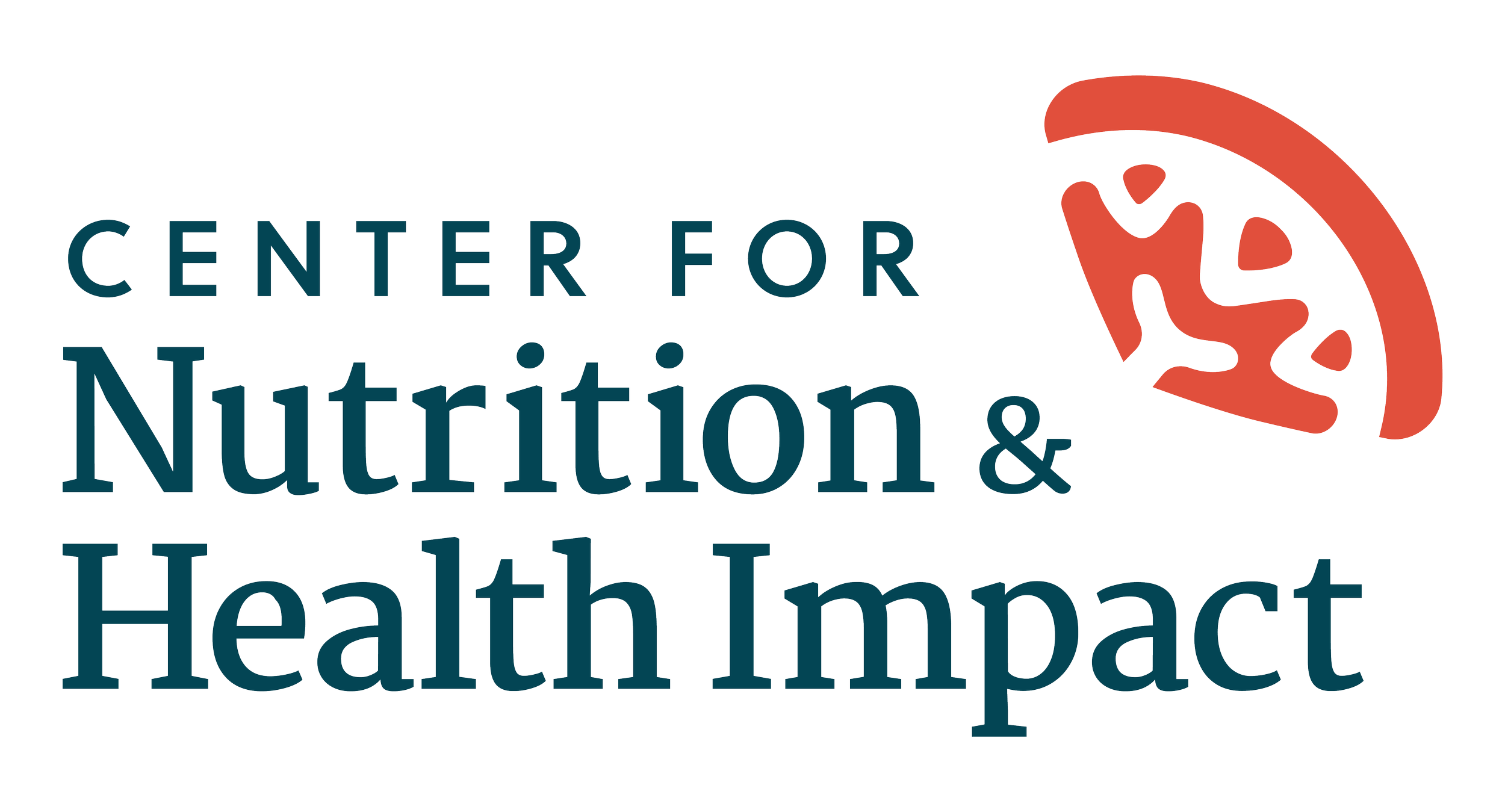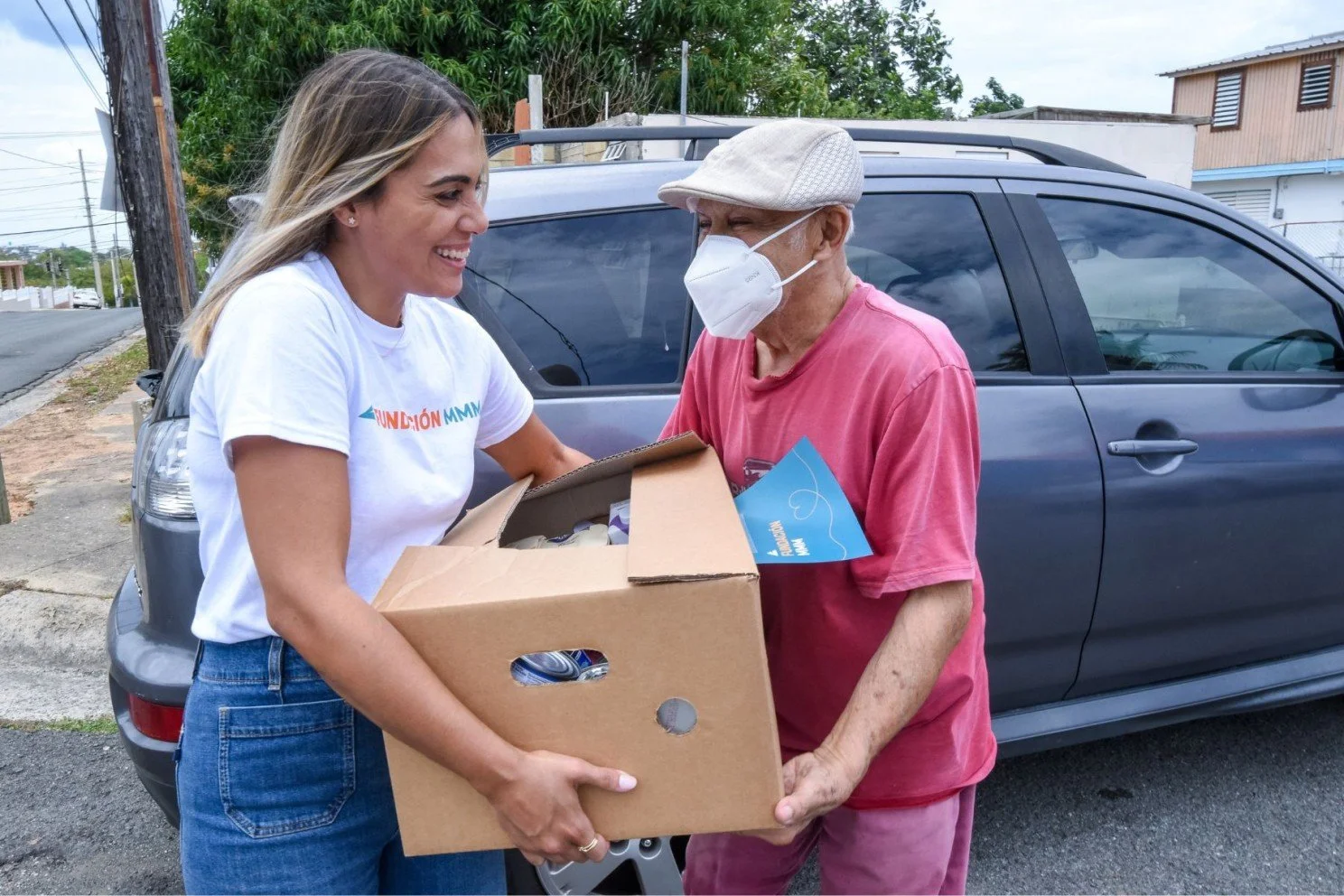Partner Feature: Fundación MMM
------- + -------
Photo courtesy of Fundación MMM.
In honor of Hispanic Heritage Month, the Nutrition Incentive Hub team is shining a spotlight on Fundación MMM, a Gus Schumacher Nutrition Incentive Program (GusNIP) grantee based in Puerto Rico. The team sat down with Carla Haeussler-Badillo, executive director at Fundación MMM, to learn more about how their program is increasing healthful food consumption within Puerto Rican communities through the Nutrition Assistance Program (NAP).
According to USDA Food and Nutrition Service (FNS), NAP block grants “provide food assistance to low-income households in the U.S. territories of the Commonwealth of Puerto Rico, American Samoa and the Commonwealth of the Northern Mariana Islands. A block grant is a fixed amount of federal spending that Congress authorizes each year for a program. With the authority granted them via the block grants, the U.S. territories establish eligibility and benefit levels for their nutrition assistance programs. Low-income individuals and families are eligible for benefits as determined by each territory.”
This work is supported by the U.S. Department of Agriculture’s National Institute of Food and Agriculture (USDA NIFA).
Photo courtesy of Fundación MMM.
Project & Purpose
This nutrition incentive (NI) project aims to increase the consumption of fresh fruits and vegetables among NAP participants in Puerto Rico. Upon spending a minimum of $50 on groceries online, participants are able to utilize $50 in free incentives to purchase their choice of fruits and vegetables in the same transaction. This order is then delivered directly to their house, where payment is collected via point of sale (POS) transaction.
Unique Nutrition Incentive (NI) Implementation Challenges in Puerto Rico
Fundación MMM’s successful project was forced to pause after three months because the administrator at Administracion de Desarrollo Socioeconomico de la Familia (ADSEF), a local government office in Puerto Rico, informed them that the grocery delivery service could not take the POS machine out of its premises. Project staff had to submit a waiver to the USDA FNS so that participants could receive home-delivered produce. This waiver was granted recently, which is great news so this successful NI project can continue its work.
Photo courtesy of Fundación MMM.
Overcoming Challenges
Puerto Rico, as an island, imports 85 percent of consumables. As a result, their NI project must use both local and U.S.-imported fresh fruits and vegetables. Additionally, they have had to navigate the challenges of NAP card usage. Unlike in the continental United States, they are not set up to process NAP card purchases online in Puerto Rico. Although they can place an online order, payment cannot be processed at the same time.
Advice and Success Stories
Haeussler-Badillo's biggest piece of advice for other grantees hoping to be more culturally inclusive, especially regarding Hispanic populations: listen to them and then build a project that makes sense for the intended population. As far as successes go, Fundación MMM has seen so much programmatic success from the start that they had to limit the incentive to $300 per month in order to comply with the GusNIP timeline.
Things to know about nutrition security work being done on the island
There is much education and incentives needed in agriculture so that projects on the island are self-sustaining rather than relying on importing 85 percent of consumables. Additionally, the majority of Puerto Ricans live below the federal poverty level. Many of them must choose between lunch or dinner because they cannot afford three meals per day. According to Haeussler-Badillo, food security is a huge issue on the island, which speaks to the importance of Fundación MMM's work through GusNIP.




